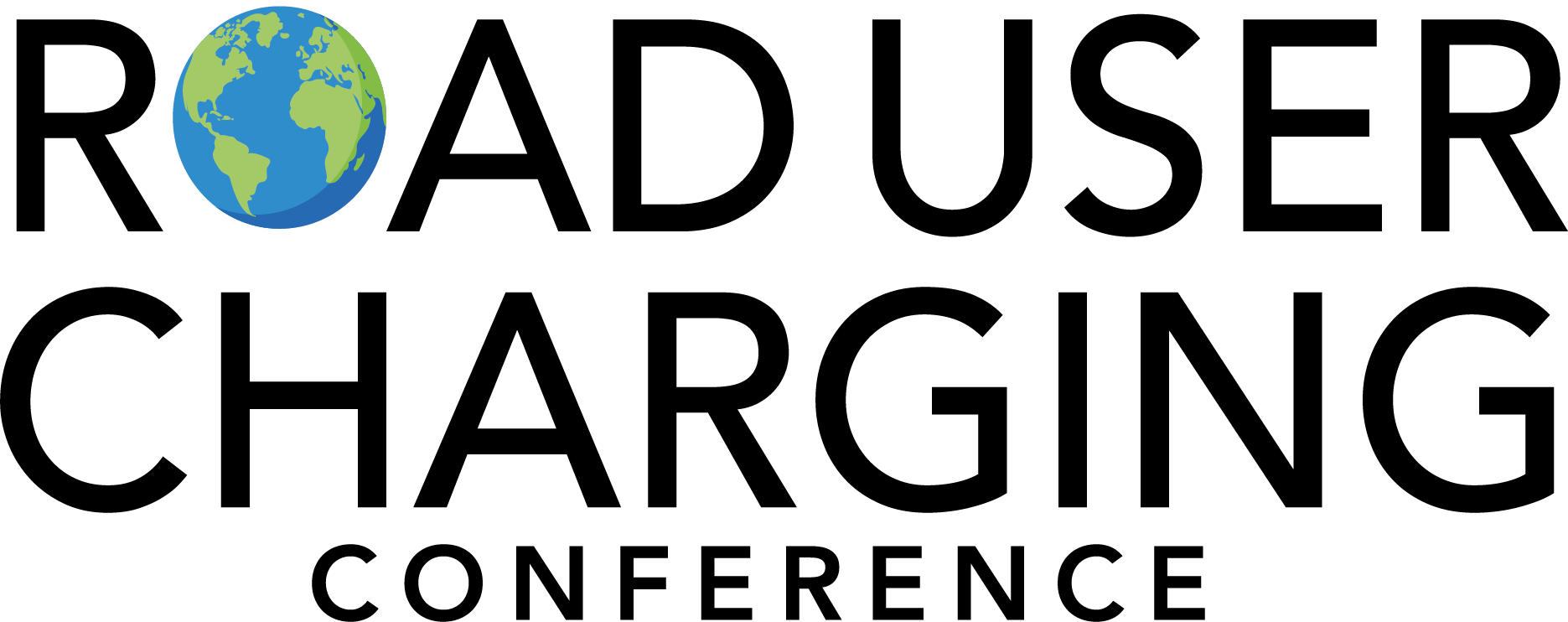Road User Charging Conference 2025: Meet the speaker – Jack Opiola, Federal Highway Administration, US Department of Transportation
)
Taking place on 4-5 March 2025 at the Steigenberger Wiltcher’s in Brussels, Belgium, the 22nd annual Road User Charging Conference will discuss the latest developments in user-financed transportation.
The prestigious two-day gathering attracts industry leaders, policymakers and innovators from across the world and serves as an essential forum for active discussion, knowledge exchange, and peer-to-peer learning on best practices for planning, implementing and managing including tolling, road usage charging and mobility pricing on motorways, highways and in urban environments.
One of the experts confirmed to speak at the event is Jack Opiola, program manager for mileage-based user fees at the US Department of Transportation’s Federal Highway Administration.
Opiola has more than 38 years of experience in transportation projects and business planning for strategic revenue generation. His experience with road usage charging programs goes back to 2003.
Since then, Opiola has been involved with strategic studies, electronic road pricing/travel demand management, toll/revenue collection systems for a variety of US state and national governments. He helped pioneer the concept of replacing fuel excise taxes or gas/petrol taxes with a mileage-based charging system.
In Brussels, Opiola will provide an update on the USA’s national RUC pilot test, including insights on the requirements as stipulated by US Congress in the Bi-Partisan Infrastructure Bill; the role and need of a national advisory board, the concepts behind the national pilot test, and what the US government has learned throughout the process so far.

Name: Jack Opiola
Job Role:Program Manager, Mileage Based User Fees
Organisation: Federal Highway Administration – US Department of Transportation
What is the best thing about your job?
I can bring road user charging or motor vehicle mileage-based user fees to fruition nationally. In working in this niche area for more than 22 years, it is a dream job!
What is the biggest challenge facing those with responsibility for user-financed transportation in 2025?
The budget is decreasing due to the decrease in revenues obtained from fuel excise taxes. The decrease is causing anxiety and has led to a reduction the number of programs.
What’s your best piece of advice for those looking to implement user-financed transportation solutions?
Begin the discussion of how to address decreasing revenues and potential solutions with that which best fits your situation. The sooner you and the decision-makers confront the problems with the public, the better.
Does legislation help or hinder development in the sector?
Legislation is the answer! Hindering it is kicking the can down the road or ignoring the problem.
How will the business of user-financed transportation have changed by 2030?
The transition to a distance-based model is transformational. By 2030, the start of the transformation should start, and it will also continue to grow and new additions to the transformation will occur naturally past that timeframe. Be patient and do not try to do too much too soon.
Why are you looking forward to speaking at Road User Charging Conference 2025?
It is an opportunity to confer and meet with my EU peers. Decreasing fuel excise taxes are universal and it demands a universal solution. As transport professionals, we can make it happen with a more global solution.



